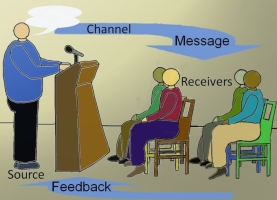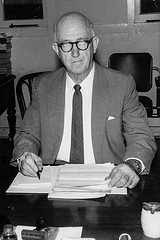 Congratulations! You have just been promoted to manager in your department or at your company. Or, maybe you have made the decision to start your own company and many of your co-workers have such faith in you that they are joining you in your new venture.
Congratulations! You have just been promoted to manager in your department or at your company. Or, maybe you have made the decision to start your own company and many of your co-workers have such faith in you that they are joining you in your new venture.
You are about to start one of the biggest challenges of your life. You are moving from co-worker / friend to BOSS!
You remember all those late night phone calls with co-workers, after work drinks or quick conversations during lunch or in the hall about the boss and how each of you could do a better job? They aren’t going to stop. You are just no longer invited to the conversations because the conversation is about YOU.
I have been there and done that and frankly, failed miserably. This is not about what I did right or even wrong but what I would do differently if I had to do this over again.
 First, accept the fact that the conversation is happening and move on. Not every decision you will make will be popular and not every decision will be right. Remember you have information that your team members don’t have and that you are not perfect. You cannot stop them from meeting after work, or at lunch. Let it go.
First, accept the fact that the conversation is happening and move on. Not every decision you will make will be popular and not every decision will be right. Remember you have information that your team members don’t have and that you are not perfect. You cannot stop them from meeting after work, or at lunch. Let it go.
Use what information you already have from those sessions in which you did participate. What did your co-workers really like about the previous boss? Maybe they always appreciated the fact that birthdays and work anniversaries were special occasions. The boss may have treated everyone to something special after the completion of big projects. Lunch or chair massages or gift cards. Go beyond duplicating, expand.
Can you make changes to what wasn’t liked?
Click here to read the rest of the article »


















